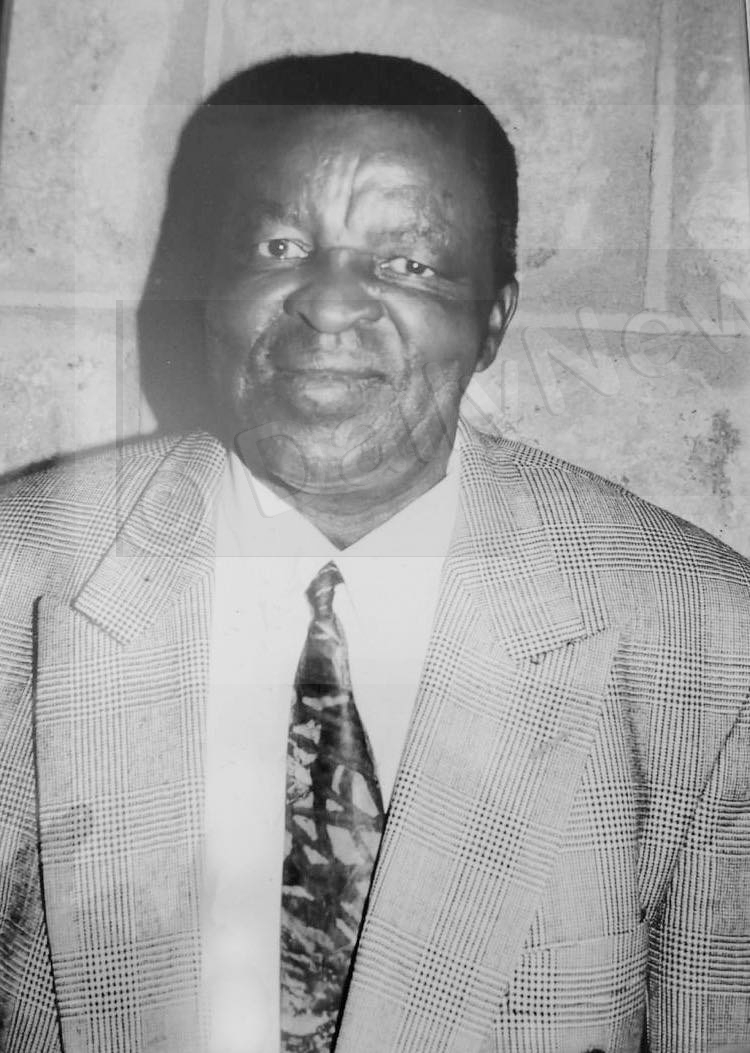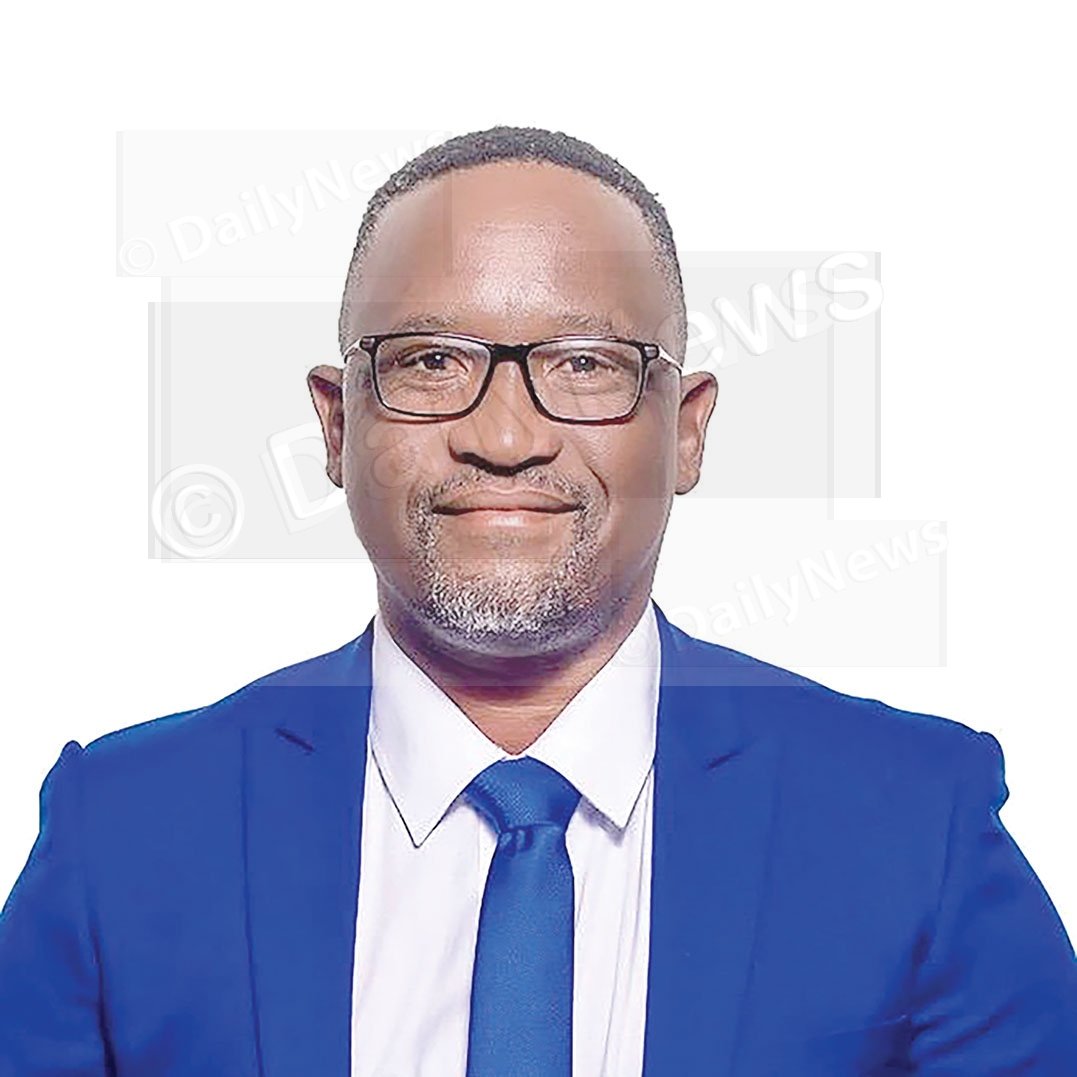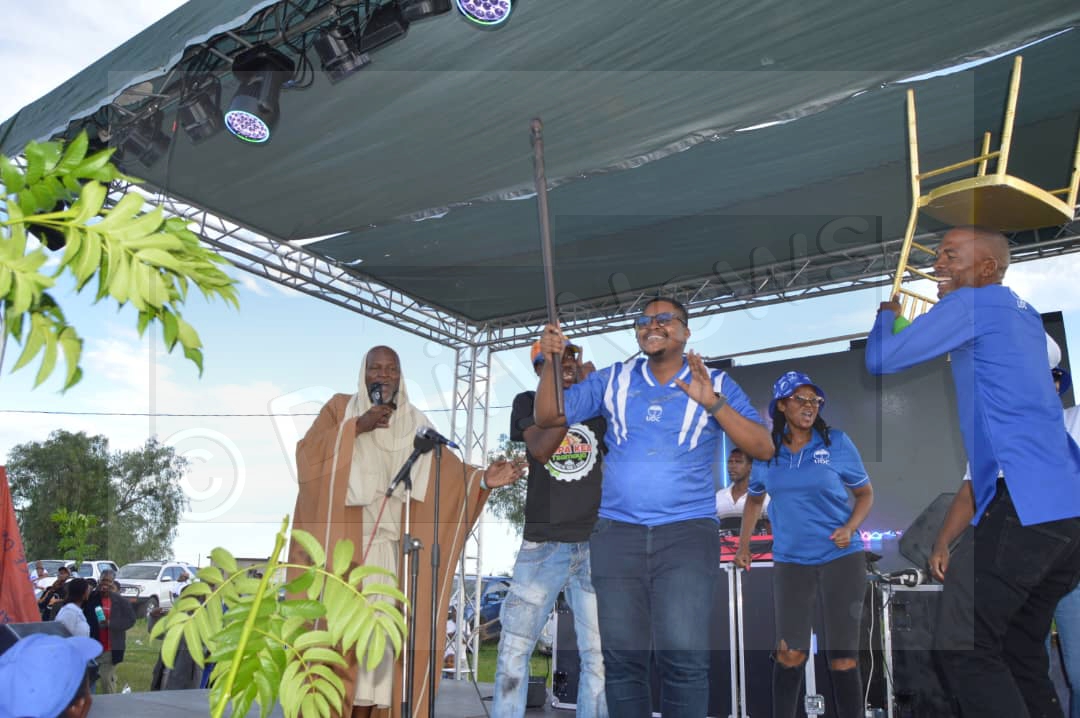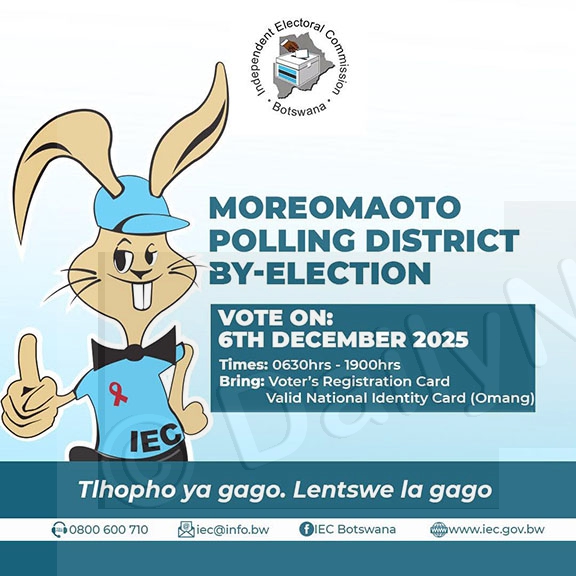Mission 300 wins financial backing
29 Jan 2025
The African Development Bank (AfDB) and the World Bank have committed US$40 billion for the financing of Mission 300, Africa’s ambitious plan to have made electricity accessible to 300 million people in the continent by 2030.
AfDB president Dr Akinwumi Adesina announced the funding at the signing of the Dar es Salaam Declaration on the Africa Heads of State Energy Summit in Tanzania on Tuesday.
Dr Adesina said the AfDB and the World Bank, being the lead financiers of Mission 300, had developed a clear path towards achieving the 300 million people energy access goal.
“Together, the African Development Bank and the World Bank will commit US$40 billion towards the Mission 300, with US$18.2 billion from the African Development Bank and US$22 billion from the World Bank Group,” he said.
Dr Adesina commended other key players including the Rockefeller Foundation, who provided critical technical assistance and support of $20 million, thereby making possible the preparation of country energy compacts ahead of the Heads of State summit.
The AfDB president said it was encouraging that support for Mission 300 kept pouring in, with several development partners having made huge announcements on the first day of the summit in support of the quest for energy security for the African continent.
Of the pledges made, he said the president of the Islamic Development Bank Group had announced $2.65 billion, while the president of the Asian Infrastructure Investment Bank announced US$1.5 billion in support.
He said the Organisation of the Petroleum Exporting Countries (OPEC) Fund had pledged US$1 billion, and that other development partners including the French government would announce their commitments in the course of time.
Dr Adesina said the support highlighted the importance of private sector participation and contribution in assisting the continent as it sought to achieve universal energy coverage.
He said the role of the private sector would be to help governments to develop and implement clear actions embedded in country-led national energy compacts or commitments.
Also speaking at the signing of the declaration, Tanzania president Dr Samia Suluhu Hassan said given Africa’s current pace of electrification, as many as 545 million of the region’s people would still be without access to electricity by 2030 unless a collective intervention was adopted.
“In order to overcome hurdles impeding energy access, we need to take bold actions by increasing investment and financing for infrastructure development,” Dr Hassan said as she pointed out that together with the private sector, development partners, financial institutions and civic society, governments in the region could bridge the energy gap through actionable energy compacts.
She thus hailed the heads of governments of African countries for their resolve and the bold steps they had adopted to undertake a collective mission through Dar es Salaam Declaration.
Driven by its own need to provide affordable, sustainable and clean energy in order to open up an array of opportunities for its citizens, Botswana, alongside scores of other African countries also appended its signature to the Dar es Salaam Declaration on the Africa Heads of State Energy Summit.
The signing of the declaration saw African countries commit to deploy resources within the shortest time possible in order to meet a 2030 deadline to have made electricity accessible to 300 million of the nearly 600 million Africans presently with no access to energy.
In signing the declaration, President Advocate Duma Boko affirmed Botswana’s commitment to pursuing ambitious yet achievable goals for improved energy access, increased share of renewable energy in the energy mix, as well as increased private capital mobilisation by 2030.
During his engagement with AfDB president a day prior to the signing, President Boko had emphasised the need for the financing institution and other financial partners to explore ways of remaining supportive to upper middle income countries so that they too would be able to achieve the region’s aspiration for increased access to electricity. He said Botswana had not been spared the different challenges that came with energy deficiency such as poverty and the accompanying economic inequalities.
Advocate Boko had observed that with adequate and timely funding, Botswana as was the case with rest of the continent, would be able to incorporate into mainstream society people whom the lack of energy security had caged into a space in which no opportunities for self-actualisation existed. In its spirit of ensuring equity in energy access, the Dar es Salaam Declaration enjoins participating countries to prioritise gender equality by accelerating access to energy for women, so that they too would benefit from the economic growth and development that improved energy access would bring about. ENDS
Source : BOPA
Author : Keonee Majoto
Location : DAR ES SALAAM
Event : Summit
Date : 29 Jan 2025







